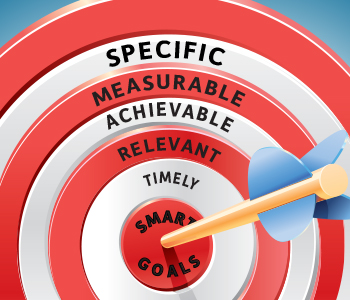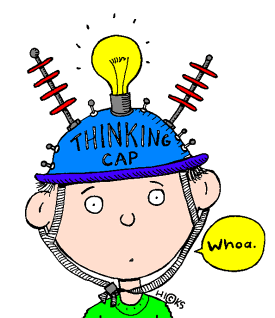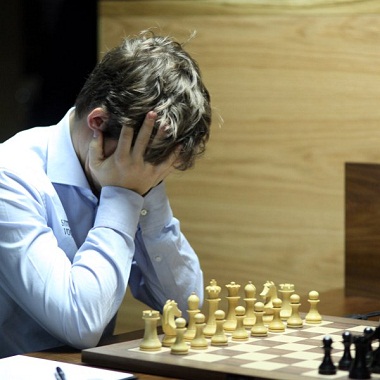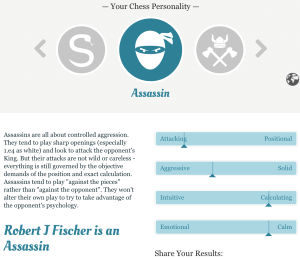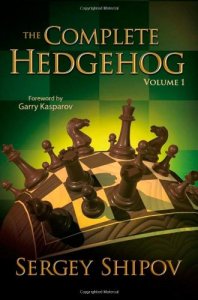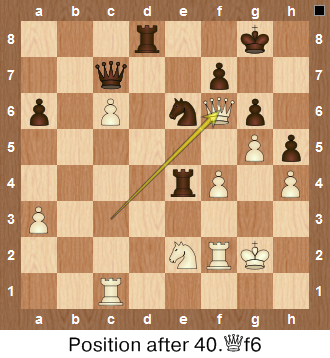
What does it take to win tournaments, to become a champ? "You must have mastered the necessary skills" is the obvious answer but is it enough? Usually there are many players on the same level so the psychology plays an important role. You have to believe that you can win.
For a chess patzer like me the situation isn’t that different. At the moment I lack the skills to be on the same level as the masters but, as we have seen in countless games, even they make mistakes. You must believe and wait for your chance.
And if the chance doesn’t come or I blunder first? Well, this gives you the opportunity to learn from your own mistakes – and this is what chess is all about. To become better you have to go wrong, correct it and try again. Quite simple. 🙂
Accepting defeats shouldn’t be too difficult for most of us, they are part of the game. What is more interesting is that believing in our skills covers other areas as well. When you think that you are bad at calculation, visualization or playing endgames then this negative thinking will manifest in the games.
- you stop calculating too early, or don’t trust the result and spend endless time to verify it
- you overestimate your opponent’s chances because you don’t have enough trust into your position
- you play quick moves in the endgame because "sooner or later you will err anyway"
There is this famous quote from Henry Ford:
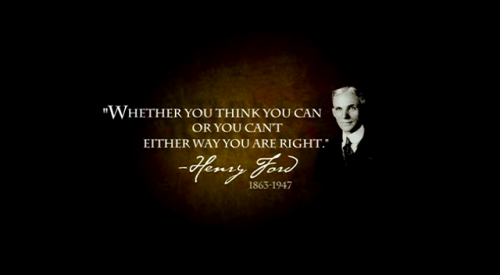
Imagination plays an important role in our life. It’s time to put down the Patzer attitude and let our mind know that we are currently master candidates who will become masters and win tournaments!
For adults it’s difficult if they see no progress. You get stuck, don’t know exactly what to fix and think that "this one special book" will open your eyes and start the breakthrough. The bad news is that it doesn’t exist but this is a topic for next time.
To keep the motivation up and guide the mind into the right direction it’s a great thing to use your imagination. If the desire is strong enough then the mind will follow, otherwise the conscious mind will never stop arguing that "you will never make it", that you are "such a poor player" or that "you are too old to compete with the kids".
This is all very logical but did mankind go to the moon because it looked logical? No, they accepted the challenge and made it happen. It didn’t take away the real work, the countless hours, frustration and it didn’t prevent disasters. It put the mind at work and it succeeded…
It’s your choice what you believe – make the right choice.


